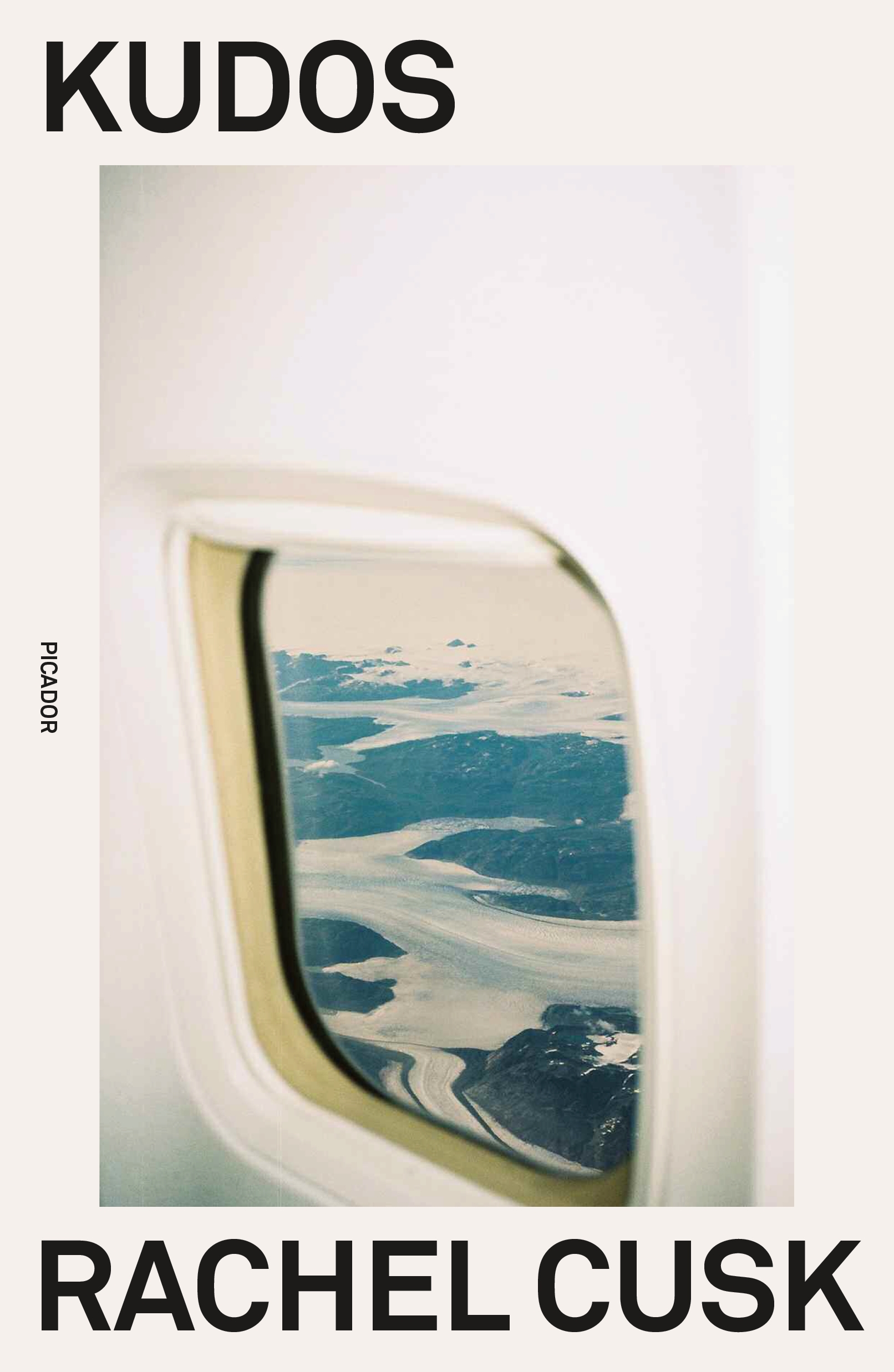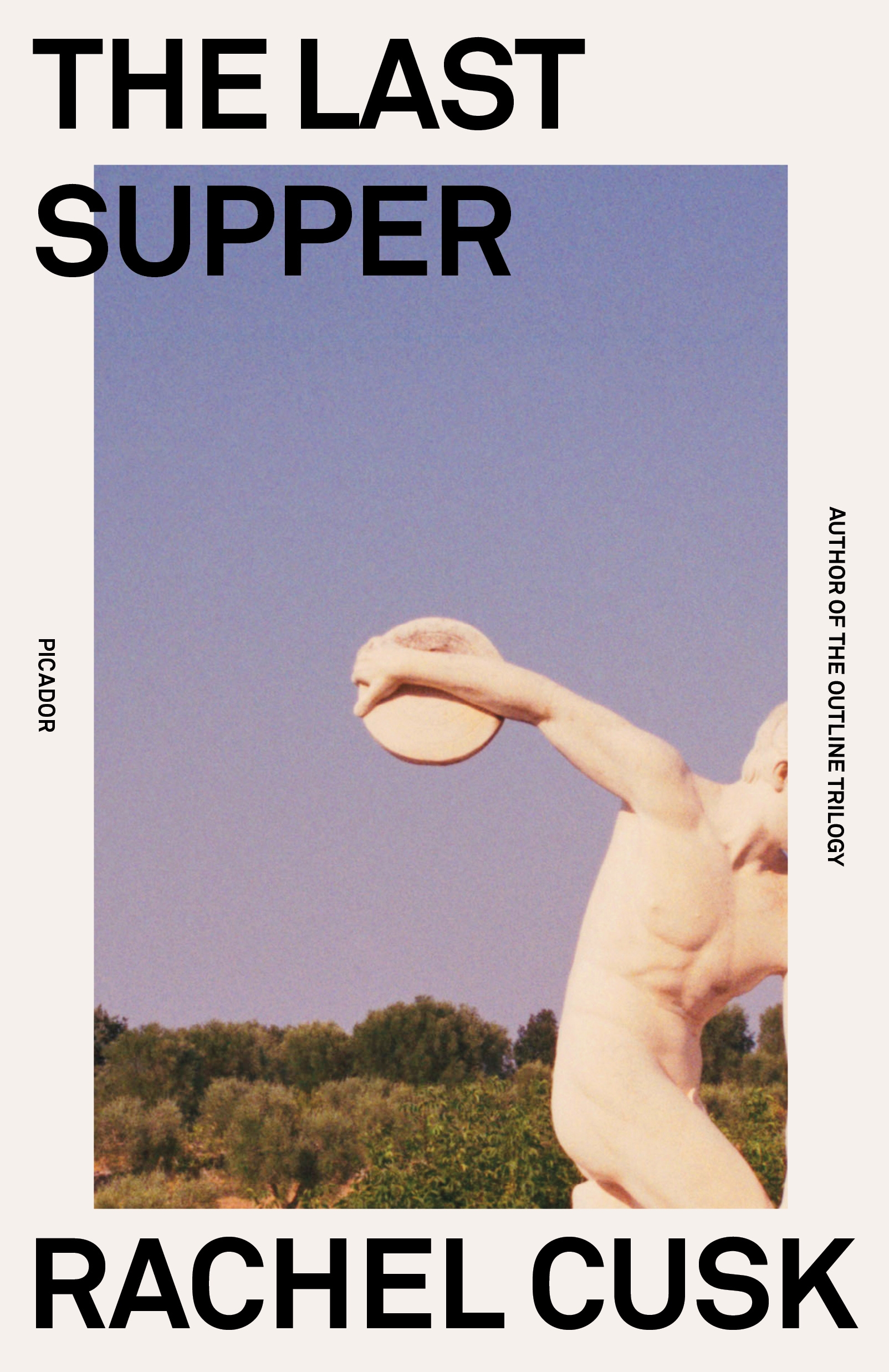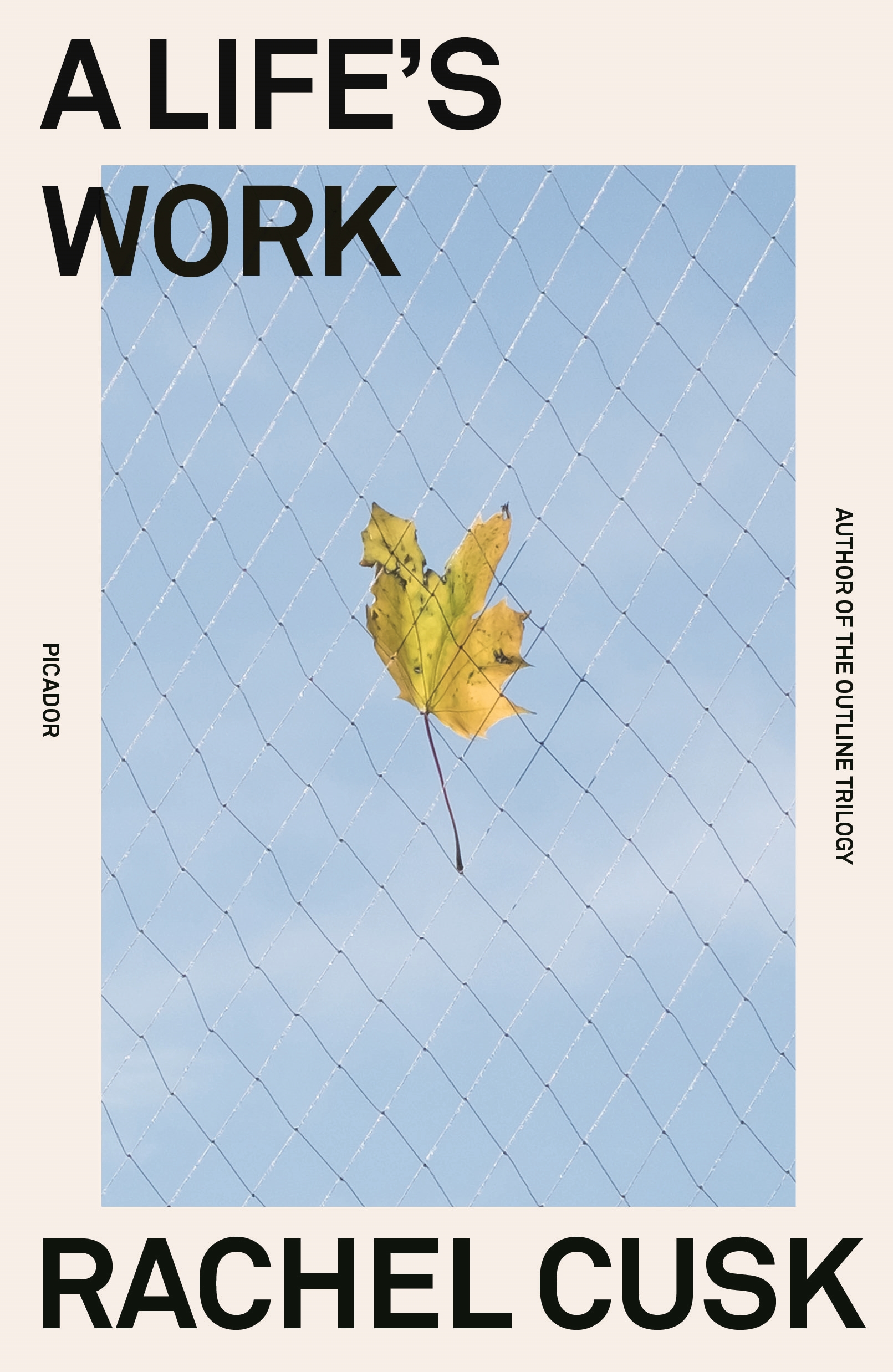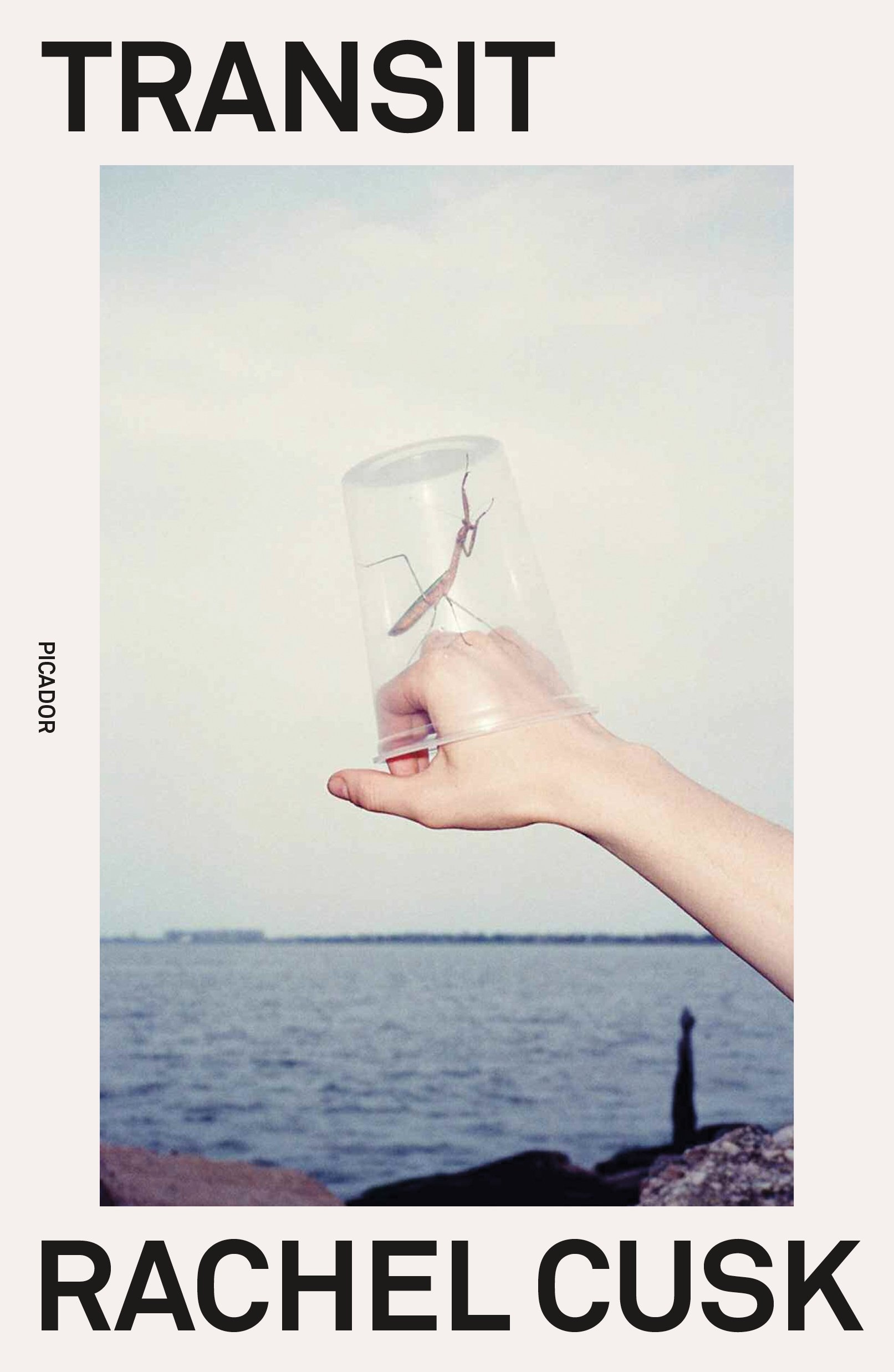Rachel Cusk
Rachel Cusk (born 8 February 1967) is a British-Canadian novelist and writer.
Cusk has written eleven novels and four works of non-fiction. She published her first novel, Saving Agnes, at the age of twenty-six, in 1993 and it won the Whitbread first
... Read more
Rachel Cusk (born 8 February 1967) is a British-Canadian novelist and writer.
Cusk has written eleven novels and four works of non-fiction. She published her first novel, Saving Agnes, at the age of twenty-six, in 1993 and it won the Whitbread first novel prize. Its themes of femininity and social satire remained central to her work over the next decade. Responding to the formal problems of the novel representing female experience, she began to work in non-fiction. She has published two autobiographical accounts of motherhood and divorce: A Life's Work and Aftermath. Cusk has been a professor of creative writing at Kingston University.
Cusk's 2014 novel, Outline, was shortlisted for the Folio Prize, the Goldsmiths Prize and the Baileys Women's Prize for Fiction. In 2003, Cusk was nominated by Granta magazine as one of 20 'Best of Young British Novelists'.
After a long period of consideration, Cusk began working in a new form that represented personal experience while avoiding the politics of subjectivity and literalism and remaining free from narrative convention. That project became a trilogy (Outline, Transit, and Kudos). The New Yorker called Cusk’s formal experimentation akin to "gut-renovat(ing) the novel, giving fiction a radical "new design". Outline was one of The New York Times's top 5 novels of 2015.
Cusk’s novel Second Place was published in 2021 and was Longlisted for The 2021 Booker Prize. It is inspired by the memoirs of Mabel Dodge Luhan, who hosted D.H. Lawrence at her property in Taos, New Mexico, in 1924. In this work, Cusk’s experimentation with the form of the novel continued. Andrew Schenker, writing in the Los Angeles Review of Books wrote: "If the Outline trilogy had seemed to push beyond the novel while still working within the form, then Second Place suggests that Cusk may have outgrown the genre entirely."
Less















